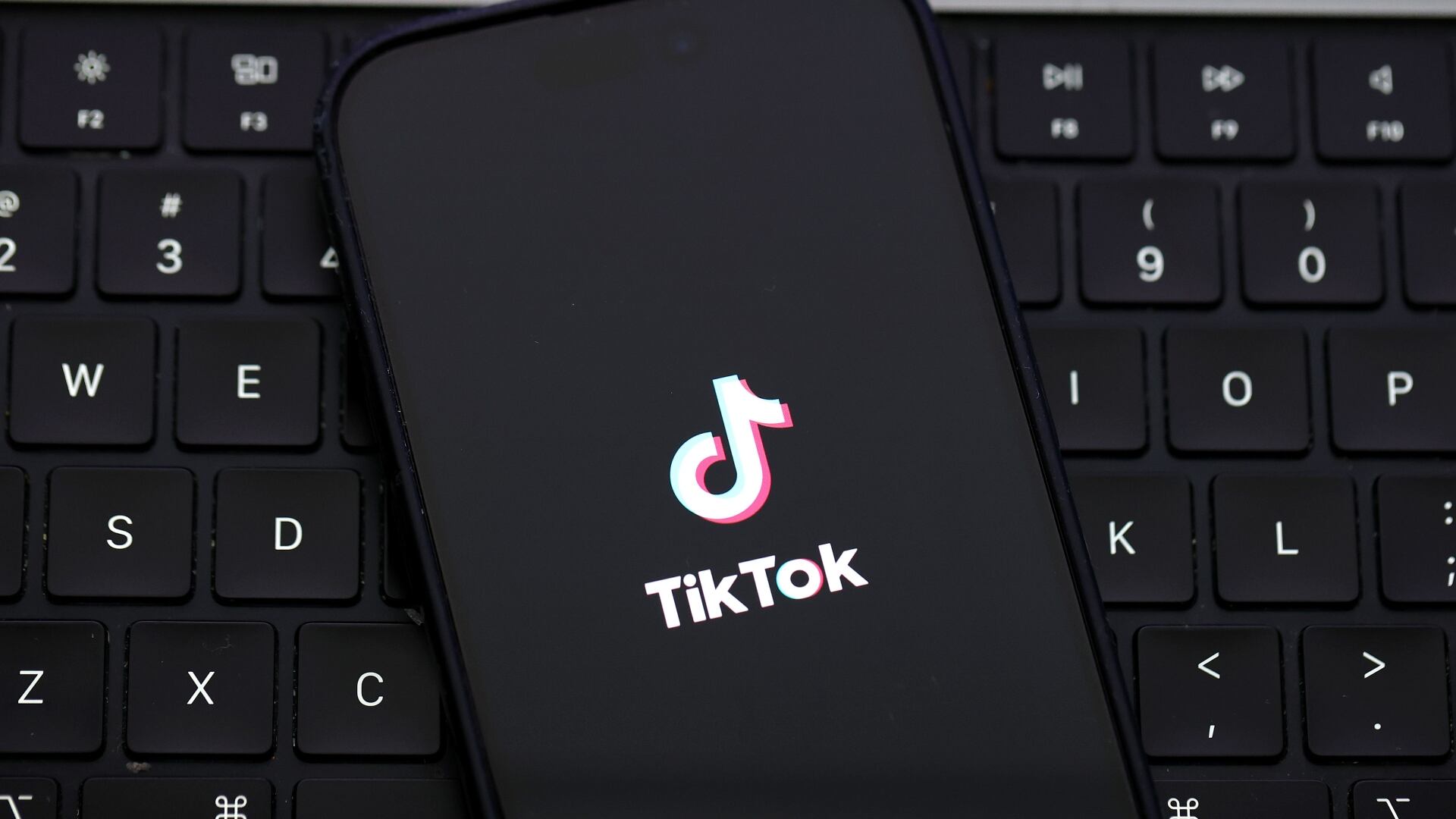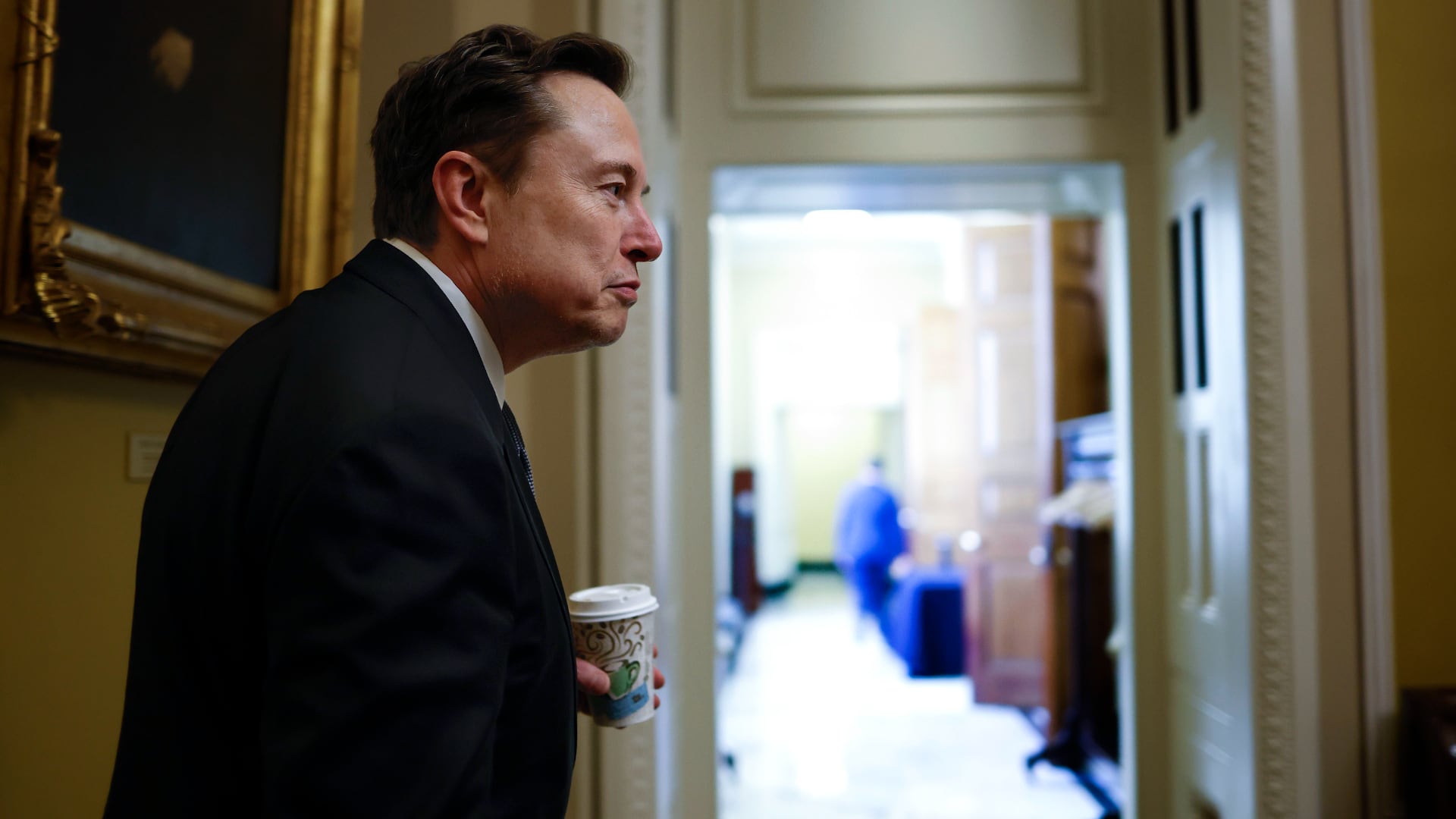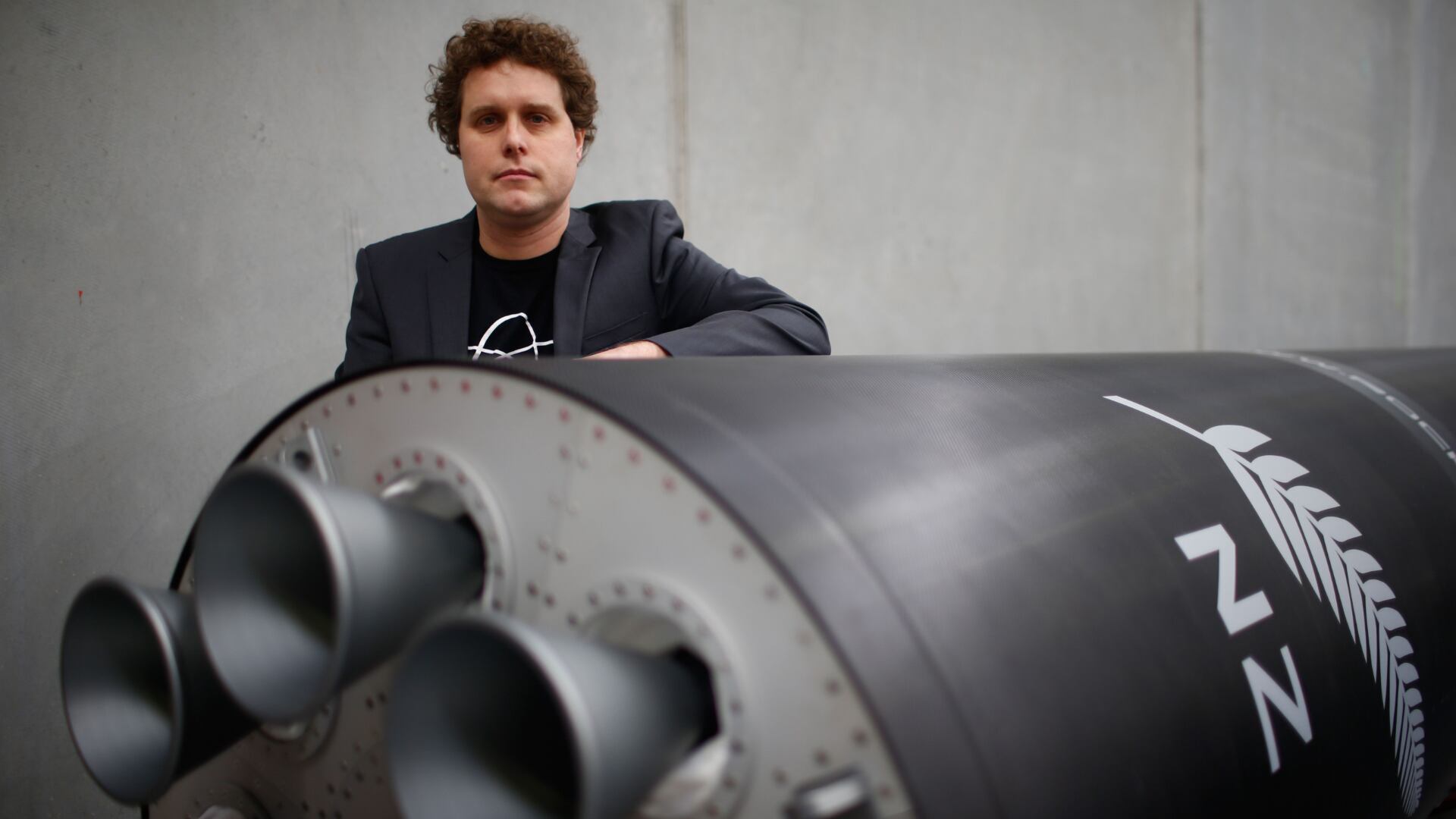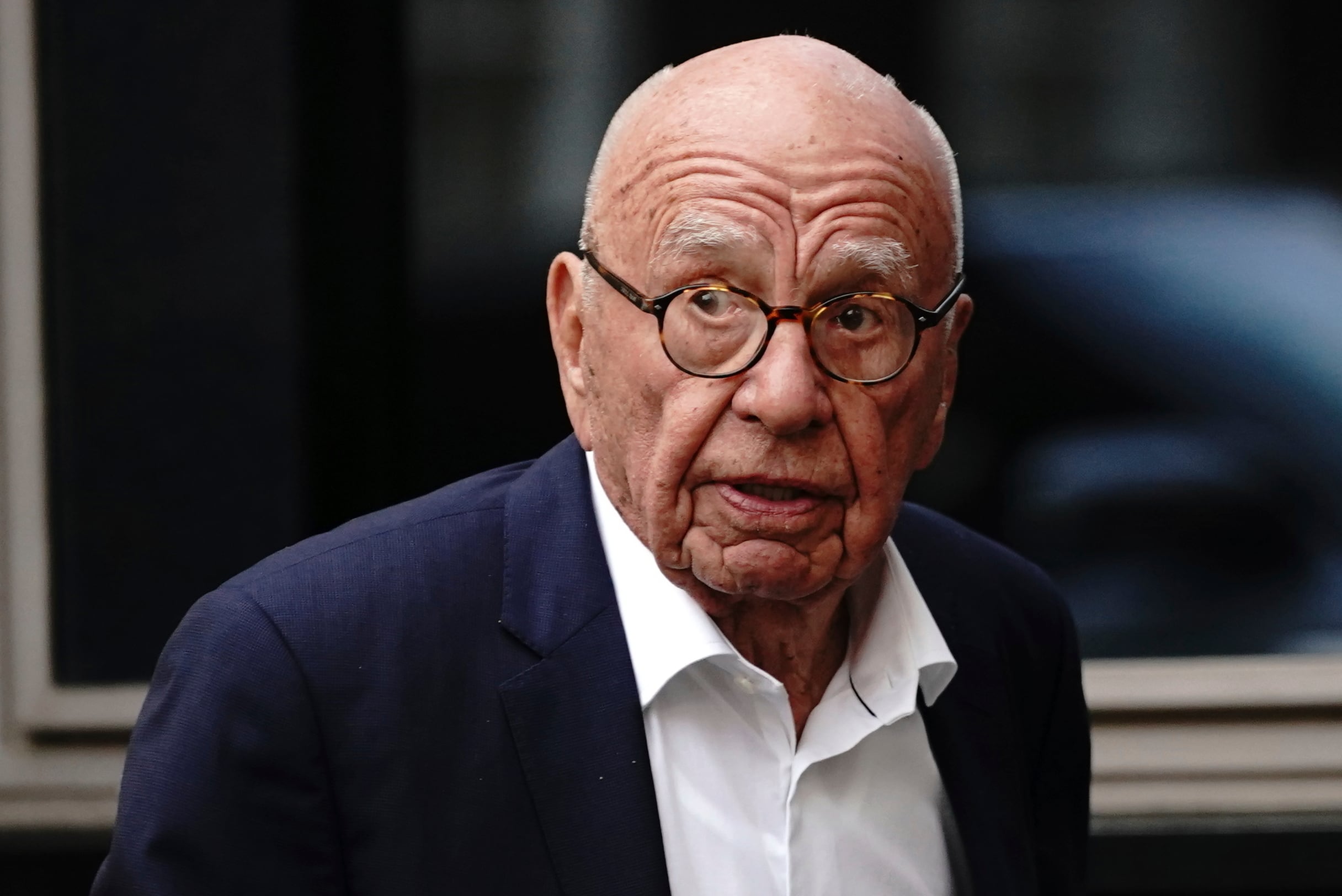With inflationary woes and fears of recession sweeping the U.S., January has racked up the second most job cuts since the start of the pandemic.
The tech industry in particular has been impacted by mass layoffs with more than 70,000 jobs slashed over the last year. Retailers and major banks have also felt the impact of mass layoffs.
The consensus among CEOs is that low GDP growth and declining consumer spending has led to necessary cutbacks in roles.
While losing a job can be daunting, there are steps employees can take to prepare for an uncertain future in their current positions. Julie Bauke, president and chief careers strategist at The Bauke Group, joined Cheddar News to provide some insight into how to maneuver a layoff.
Ask for A Better Exit Package
Depending on your seniority with the company, there could be some room to negotiate better terms for your departure.
"If it's possible to increase your exit package either weeks of severance or extension of your medical coverage if that's really important to you," Bauke said.
She also noted that while it is an uncertain time, taking a step back to reassess can open you up to new opportunities. "This is an opportunity to find the right next job, not just any old job," she said.
Maintain Your Relationships
One of the easiest ways to transition into the next role is to utilize contacts that you have made over the course of your professional career. Once it has been determined what direction you want the next phase of your career to go in, then you should begin to reach out to your contacts in hopes they might be able to help or connect you with someone that can.
"We still find jobs through other people, more often than we do anything else and so the value of a network cannot be overstated," Bauke told Cheddar News.
Personal Care & Finances
With layoffs come a severance period and the potential to collect unemployment benefits but there are varying laws, depending on the state, that could cause an issue if those funds are collected at the same time. Bauke suggested checking the laws in your state. She also said once laid off, filing for unemployment benefits should be done immediately "just to make sure you don't get caught up in a bureaucracy."
"And also, get your medical stuff taken care of while you still have your medical care," Bauke added.












